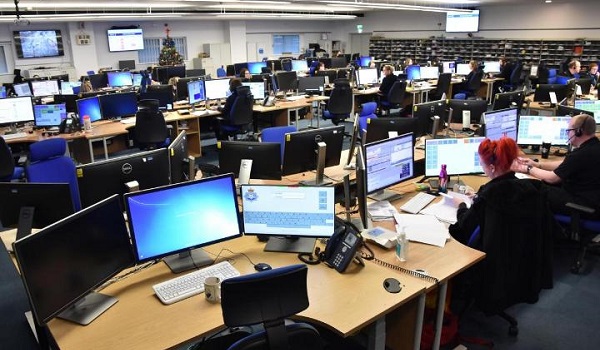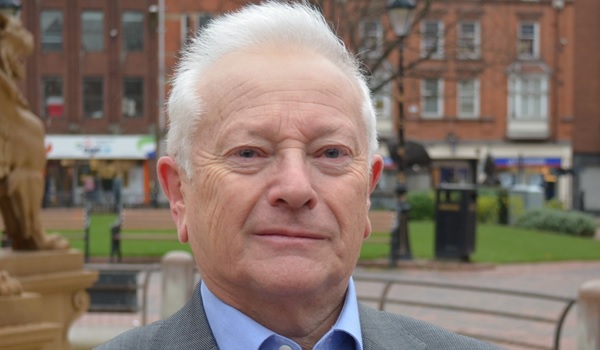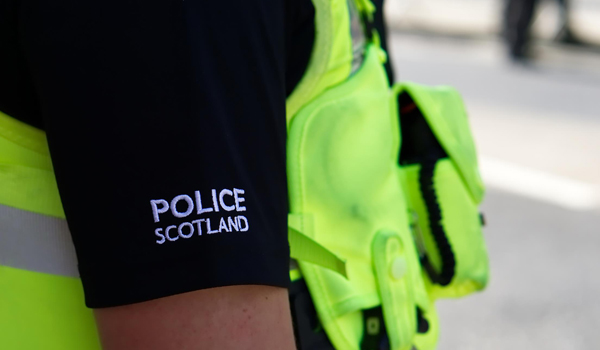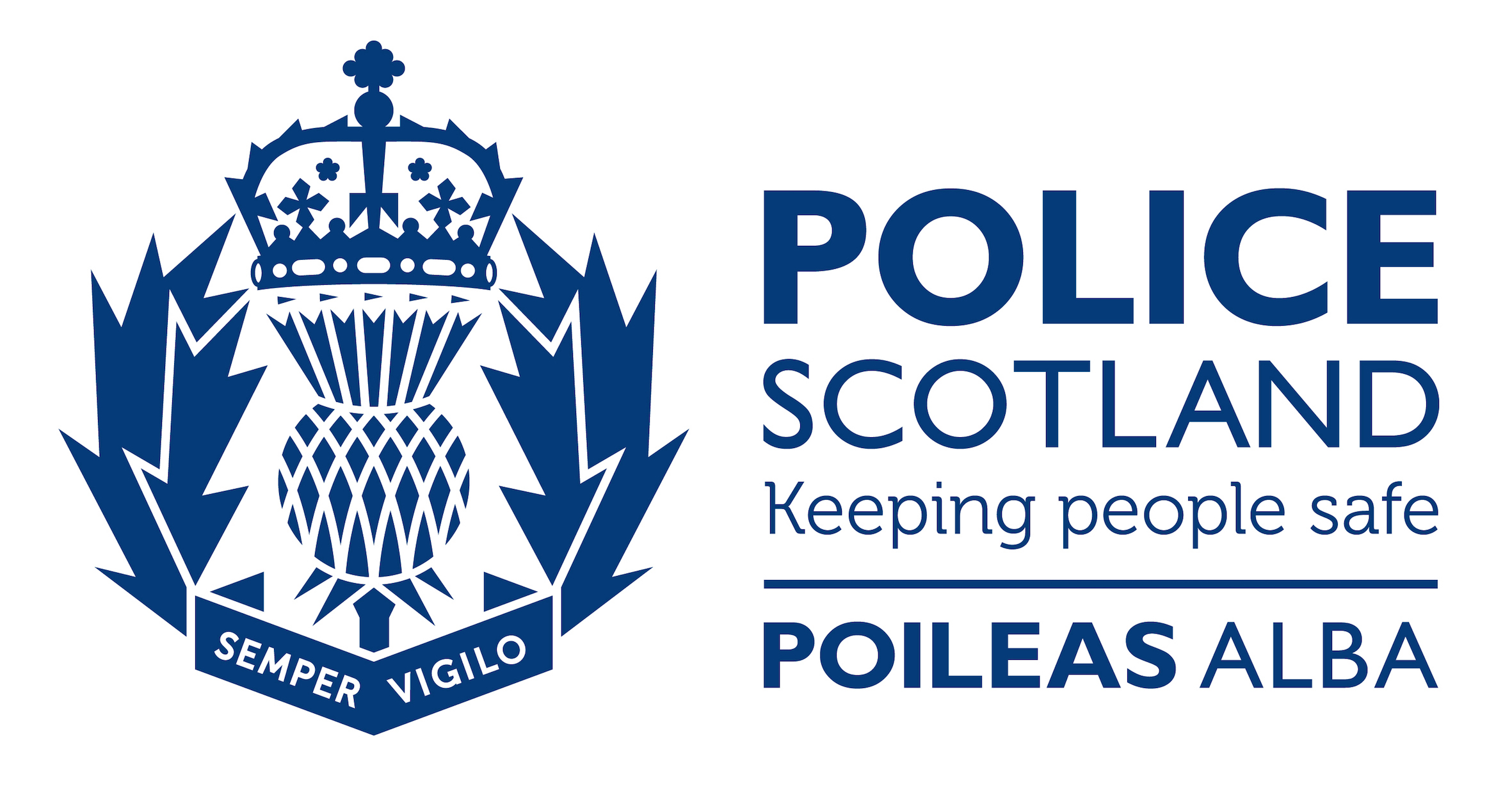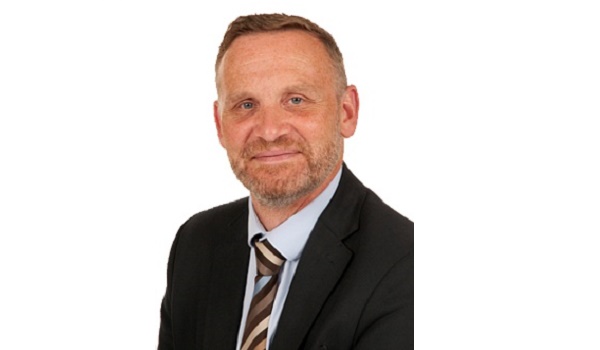Only one police force meeting 999 answering time targets
Only one police force in the UK is meeting a target to answer 90 per cent of 999 calls in under ten seconds, new government data has shown.
Avon and Somerset Constabulary was the only force to meet the standard, according to national statistics released for the first time by the Home Office. Forty-three police forces failed to meet it over the six months from November 2021 and April 2022. Overall, 71 per cent of 999 calls were answered within ten seconds.
A statement issued by the Home Office said that publishing the figures “delivers on a key commitment in the Government’s Beating Crime Plan to improve transparency and performance, forming part of the Government’s wider ongoing work to cut crime, improve public services and make our streets safer”.
It added: “Publishing the 999 league tables will reconnect the police with the public, holding individual forces to account and helping identify previously unknown issues, with the goal of driving up performance.
“This is the first time forces have been able to compare their answering times. With considerable variation across the country, this information will empower all forces to bring their service up to the public’s expectations.”
Humberside Police recorded the worst performance with only two per cent of calls answered in under ten seconds. South Yorkshire Police answered 17 per cent, Durham Constabulary 41 per cent, North Yorkshire Police 44 per cent and Gloucestershire Constabulary 49 per cent.
Police Scotland aims to have a mean answering time of under ten seconds, and recorded 10.1 over the period.
Home Secretary Priti Patel said “the public deserve to know that their local police force will be at the end of the phone, ready to leap into action at seconds’ notice to protect them from harm”.
“Fundamentally, publishing this data is about driving up standards in our incredible emergency services even further, so that the public can have every confidence in the police’s ability to save lives and keep our streets safe,” she added.
“We can now see where forces are excelling and where vital improvements need to be made and I thank the police for their commitment to ensuring we maintain the best emergency services in the world.”
While he welcomed any data that enables the public to see how their local force is performing, Humberside Police Deputy Chief Constable Paul Anderson said in this instance, however, the data presented “does not accurately reflect the call handling performance of 999 calls” once these are passed to the force.
“At present, despite representations, this data still includes the whole journey of a 999 call. This starts with a BT operator, and crucially, includes the time taken for them to divert the call to Humberside Police,” said Mr Anderson.
“The time this process takes varies significantly across the whole country, and in our region, there are delays of up to seven seconds for the call to be passed to Humberside Police and this delay is currently included in this data.
“We have raised this issue with the Home Office, and we are now working closely with communications providers to understand why such delays sometimes occur in us being passed the calls.”
He added: “Humberside Police have just moved to a state-of-the-art contact and control centre, providing us with one of the UK’s leading police call centres.
“Once the calls are received by Humberside Police, both 999 and 101 call handling performance remains one of the most timely and effective in the country.”
Avon and Somerset Constabulary Chief Constable, Sarah Crew congratulated her control room team for coming first nationally for speed in answering 999 calls.
The force took 22,767 calls in a six-month period, with 15,434 of them being answered in under five seconds, and 5,274 answered in five to ten seconds.
“Having a fast response time to answering 999 calls is vital, especially when the caller is in distress or the emergency is ongoing,” sad Ms Crew
“Being able to reassure members of the public that we can answer their call quickly after they dial 999 is a great service and I could not be prouder of our contact centre provision for supporting callers during, what could be, a terrible time.”
Head of Command and Control, Becky Tipper, added: “It has been a challenging year with increased 999 demand. The entire control room team have worked extremely hard to ensure we are there for those who call us as quickly as possible.”
National Police Chief’s Council (NPCC) lead for contact management, Assistant Chief Constable Alan Todd, said a lag in connecting calls can contribute to waits but that “this isn’t for a member of public to resolve”.
“We want the public to have access to the data as part of policing being open and transparent,” he added.
“This is the first time police forces and the public have been able to see the time it takes to answer 999 calls from the call being made by the public, it being connected to the police by BT and local providers, to it being answered by police call handlers.”
The Association for Police and Crime Commissioners local policing leads, Alison Hernandez and Jeff Cuthbert, said the data showed “the demand for policing and the volume of calls” across the country.
“Police and crime commissioners are committed to supporting excellence in policing and will use this data to continually drive forward improvements and hold the police to account on behalf of the public,” they added.
It comes after the BBC reported freedom of information requests obtained from 22 police forces in England and Wales suggested officers are now 28 per cent slower to attend Grade 1 emergencies.
This equates to taking three minutes longer on average to arrive at serious incidents. The BBC said responses from 19 forces in England and Wales suggested they were 44 per cent slower to arrive at serious incidents than in 2013.
The broadcaster also reported that the number of recorded crimes leading to a charge or court summons for a perpetrator fell for the last seven consecutive years, up to March 2021. Between 2015 and 2021 it fell by 40 per cent.


